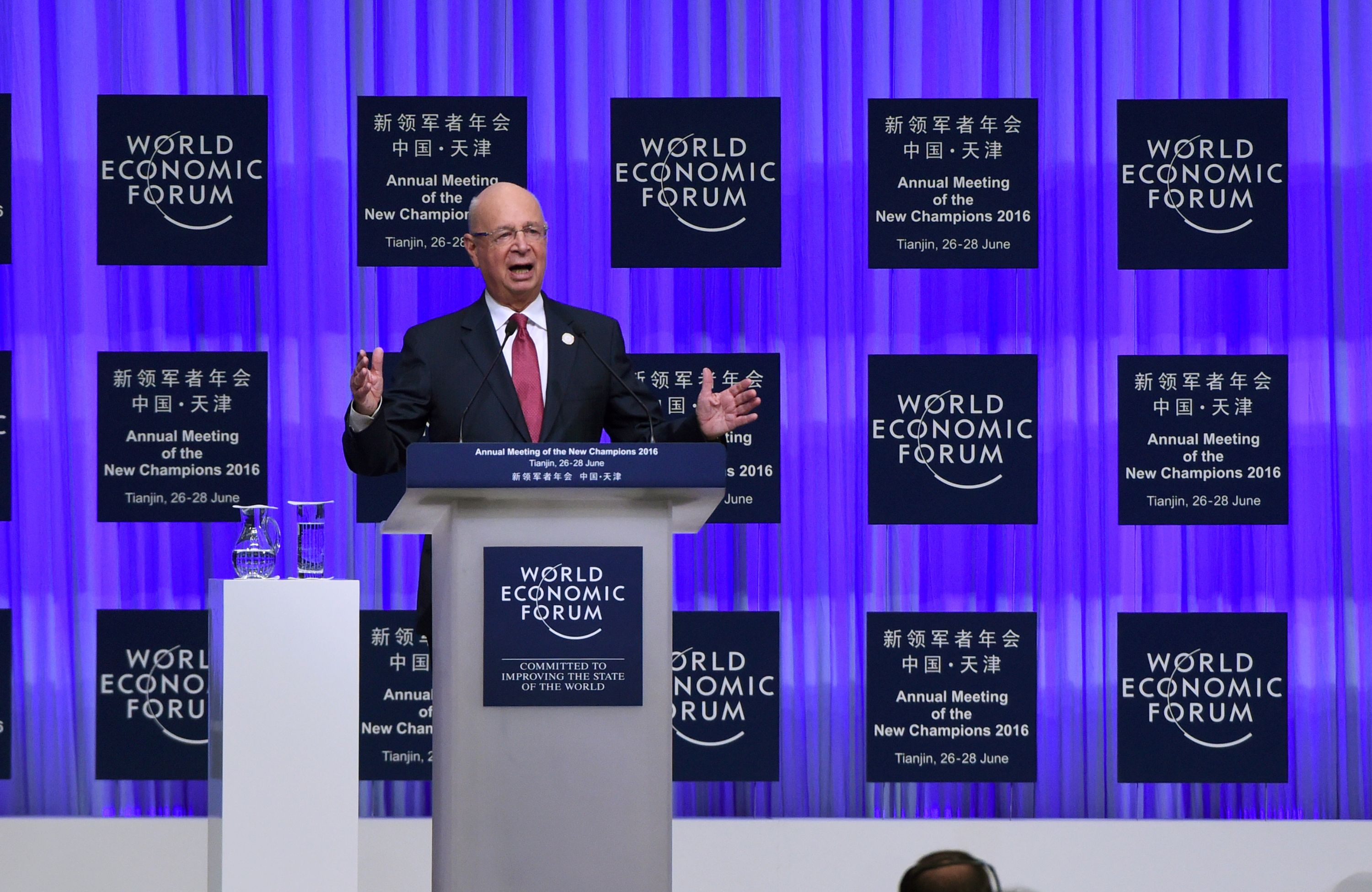Asian stocks trade lower on thin volumes; Oil below $36/ bbl
By Staff Writer
As the investors are in wait and watch mode ahead of the US Federal Reserve Meeting this week, Asian stocks were trading weaker on low volumes. Barring Chinese markets, remaining Asian indices moving downwards.
Oil prices in the global markets too dropped below $36 a barrel. Chinese currency Yuan further fell to four-year low and South African's rand rose. Japanese markets were trading 10-week lows. The US Federal Reserve's meeting is scheduled for 15-16 December.
With the extended support from brokerage firms and banks, Chinese stocks bucked the trend on the first session of the week. Market analysts opine that the present situation was not a surprising one for them.
Along with equities, oil price too fell. The West Texas Intermediate (WTI) oil futures in the US market slipped 15 cents or 0.42 percent to $35.47 a barrel in Asian trade.
As per a report published by CNBC, Nikkei 225 index fell 1.80 percent to 18,883.42 points, Hang Seng dropped 0.72 percent to 21,309.85 points, Australian Stock Exchange (ASI) index dropped 2.01 percent to 4928.60 points, Kospit index fell 1.07 percent, CNBC 100 Asia index eased 1.05 percent. Contrary to this, Chinese Shanghai Composite index rose 2.52 percent to 3,521.13 points.
Bloomberg reports that Asian stocks fell the most since September in the wake of growing concerns and anxiety about the outcome of US Fed meeting.
Japanese Nikkei-225 index, the regional equity benchmark, is trading 10-week low as the equities across the Asian bourses except Shanghai, continued their Friday losses on Monday as well.
China has introduced a new index tracking Yuan against six other major foreign currencies. The Yuan slipped further against the US dollar. However, the South African's currency Rand surged the most in seven years.
South Africa's President Jacob Zuma has withdrawn his decision to appoint an unknown lawmaker as finance minister.
The globally traded Brent crude futures dropped 19 cents or 0.5 percent to $37.74 a barrel. International Energy Agency (IEA) has warned that the supply glut may further worsen the situation next year. If Organization of Oil Exporting Countries (Opec) continues to stick to its decision, then it'll further dampen the oil market conditions.
International Business Times reports that oil price fell for the seventh consecutive session since Saudi Arabia denied reducing oil production. There's been pressure on Saudi Arabia to cut down production to propel prices. All three major indices in the US markets dropped on the last session of the previous week.
The Dow Jones Industrial average eased 1.8 percent, S&P-500 fell 1.9 percent and Nasdaq-100 index tanked 2.3 percent on Friday trading.
Kathy Matsui, Managing Director, Chief Japan strategist at Goldman Sachs Japan, told CNBC: "We have a continued slide in the price of oil, so many people think this might reflect a weak global demand, coupled with the prospect that the Fed may start to raise interest rates later this week. So, people are quite cautious, especially going into the year end when nobody wants to take a lot of risks."












